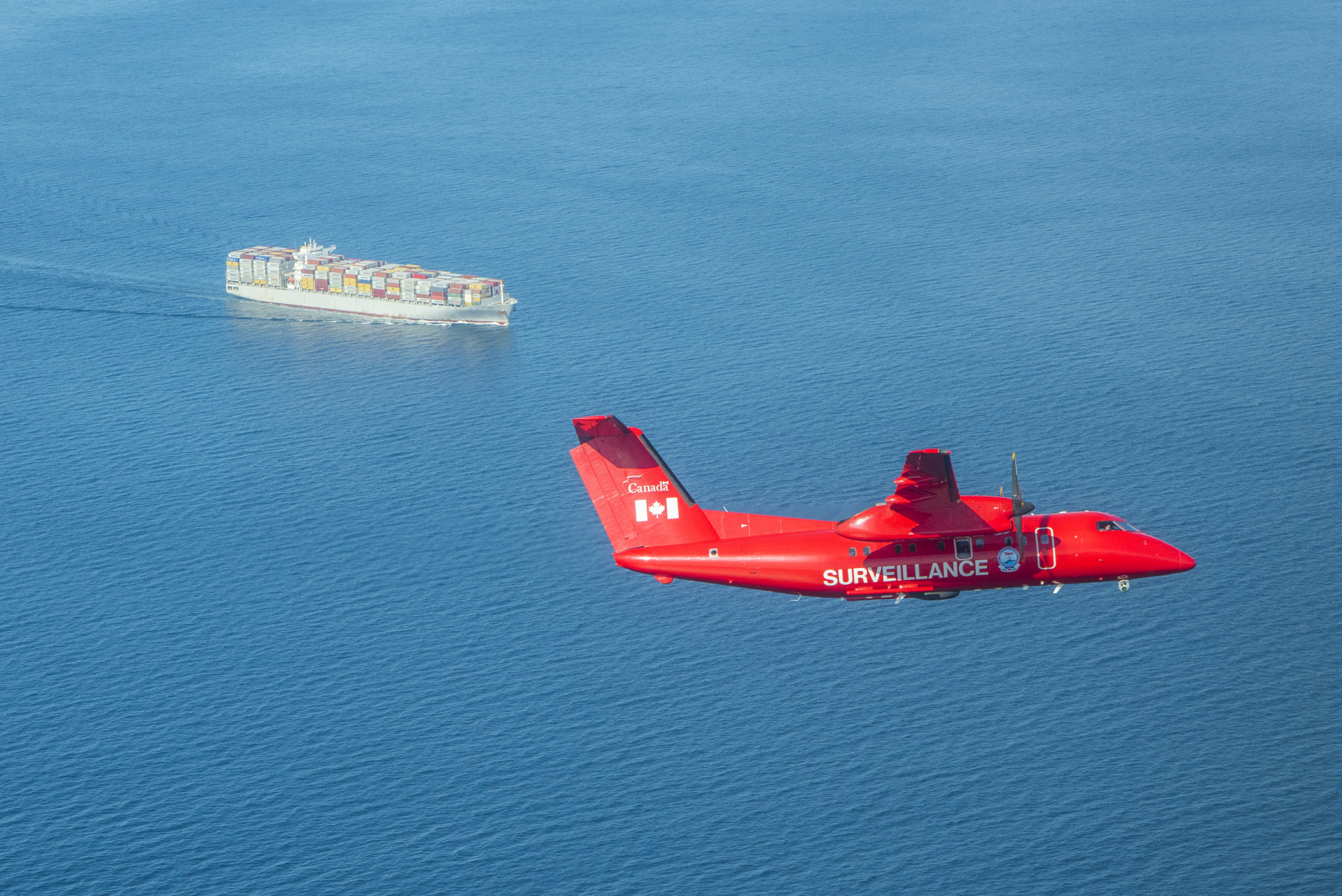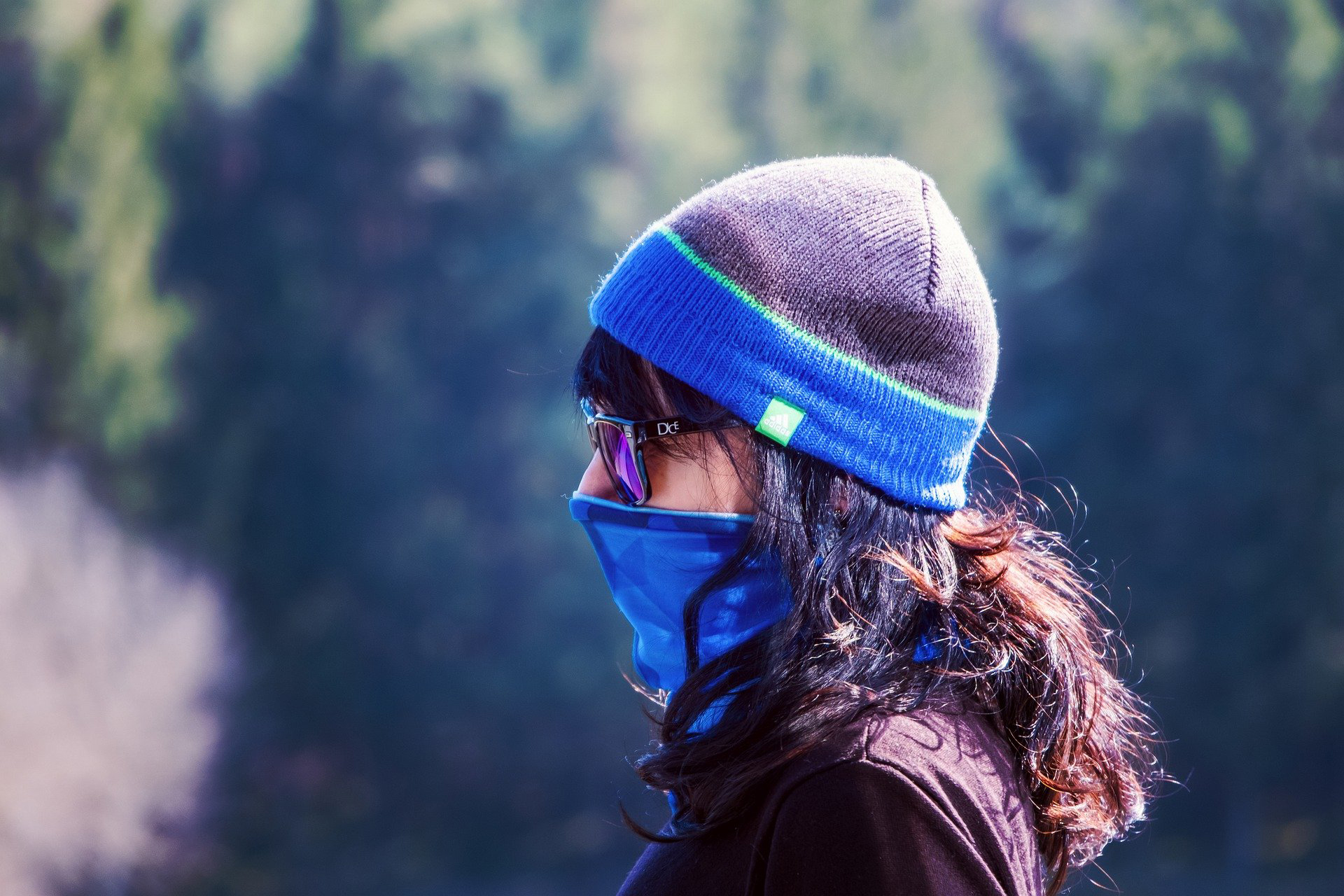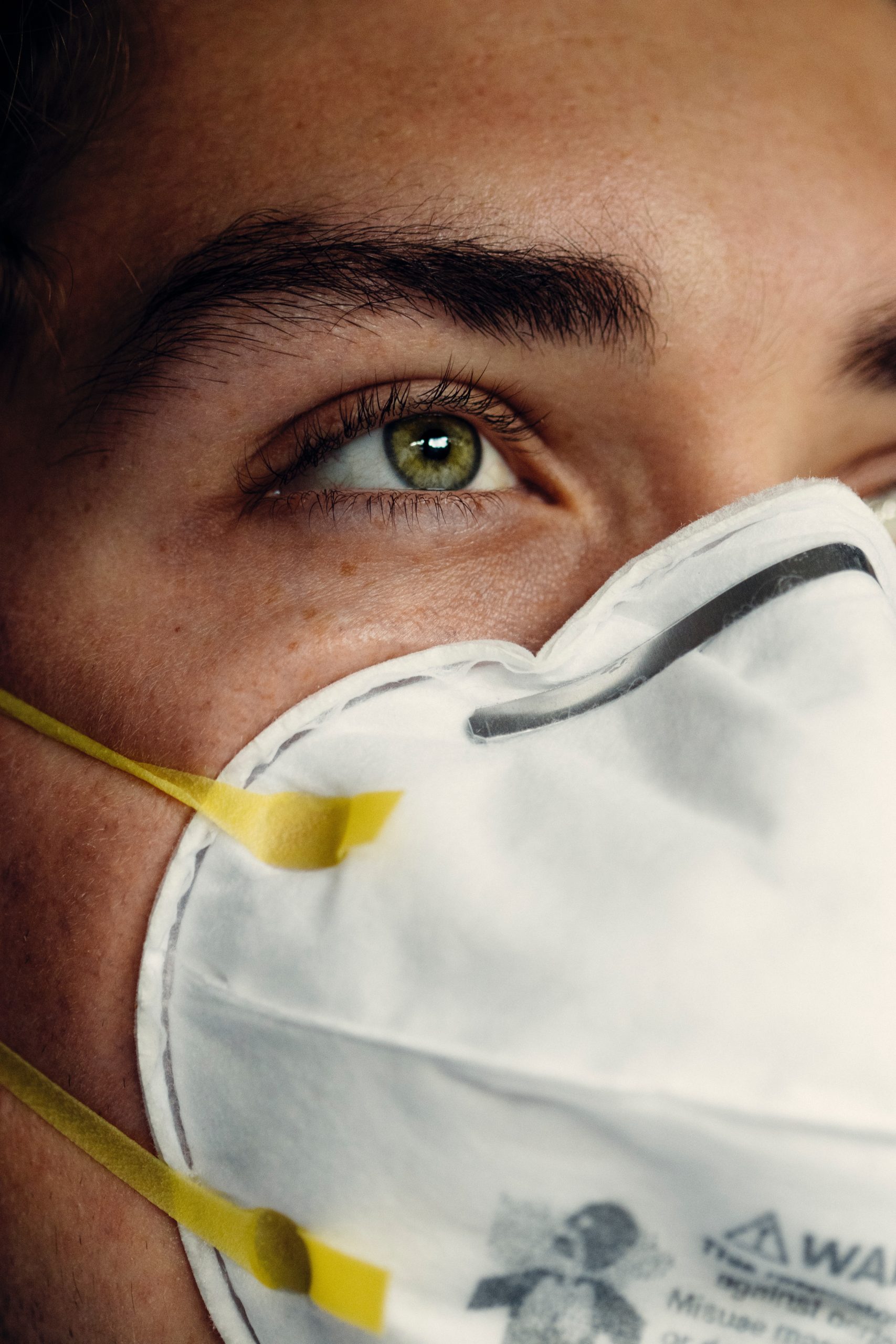(NC) As we become increasingly aware of the impact of pollution and environmental damage on our health, climate and ecosystems, protecting our environment is top of mind for many of us. This includes safeguarding our oceans, lakes and waterways against oil spills.
As a maritime nation, Canada relies on marine shipping for an estimated 70 to 80 per cent of the items that we use in our daily lives, like housewares, electronics, cars, furniture and food. We also rely on ships to export our products to the rest of the world. Fortunately, we’ve taken steps to ensure safe and environmentally sustainable shipping.
Globally, major oil spills have decreased steadily over the past 40 years. In the 1970s, there was a major spill approximately every two weeks. Contrast that with today, when, since 2017, there has been an average of 1.7 spills per year.
Many national and international safety regulations have contributed to this decline, as well as tug escorts and experienced marine pilots, who board and guide vessels through busy coastal areas, and aerial surveillance planes that can detect as little as one millilitre of oil on water.
These efforts are the work of many organizations, including Transport Canada and the Canadian Coast Guard, which under the Oceans Protection Plan, are also working to bring Indigenous coastal communities, who have traditional knowledge and rely on our coasts for their way of life, into the marine safety system more than ever before.
When a spill occurs, the polluter is always responsible and accountable for the cleanup. They often rely on certified response organizations, which use specialized technology and equipment to contain the oil and remove it from the water. This helps stop spills from reaching the shore. And for over 40 years, we’ve been researching oil spills to understand and predict how different types of oil will react in different environments, including our oceans. This better prepares responders to clean up a marine spill.

























